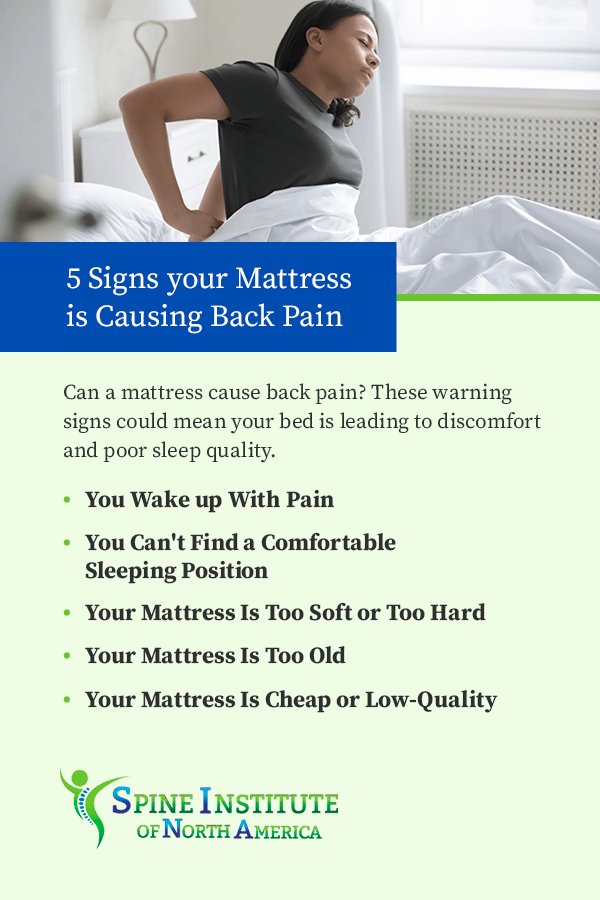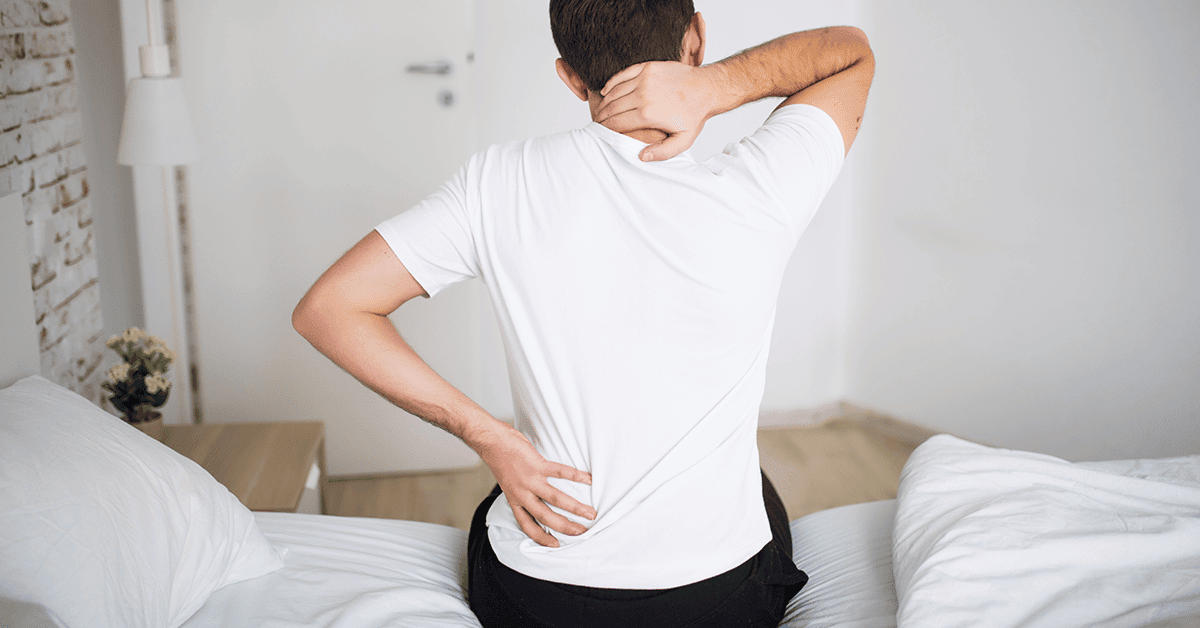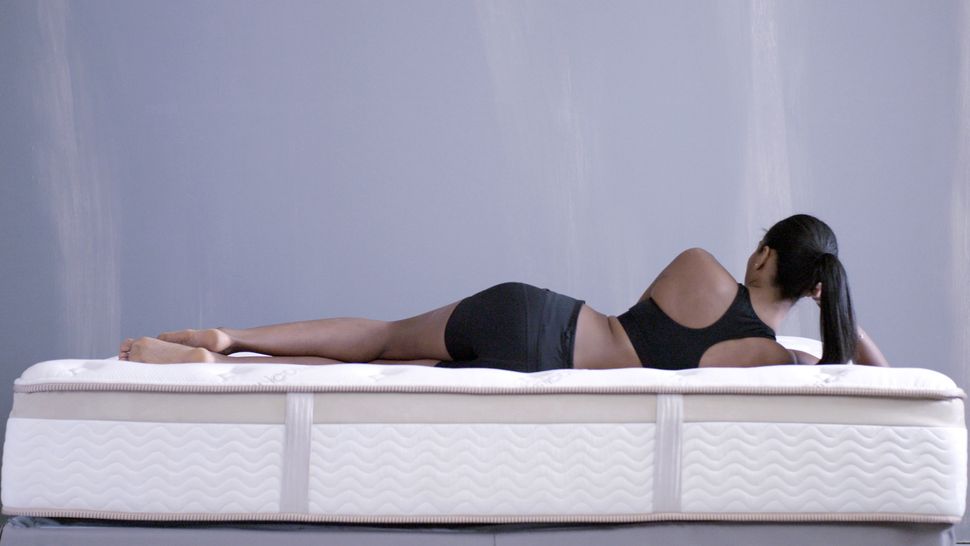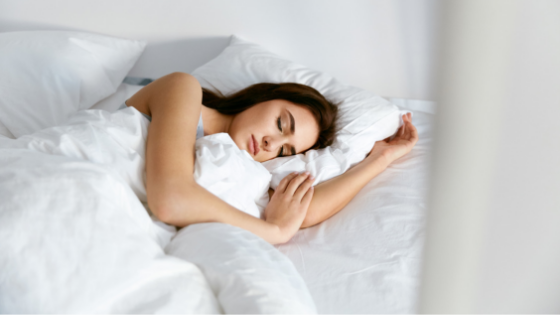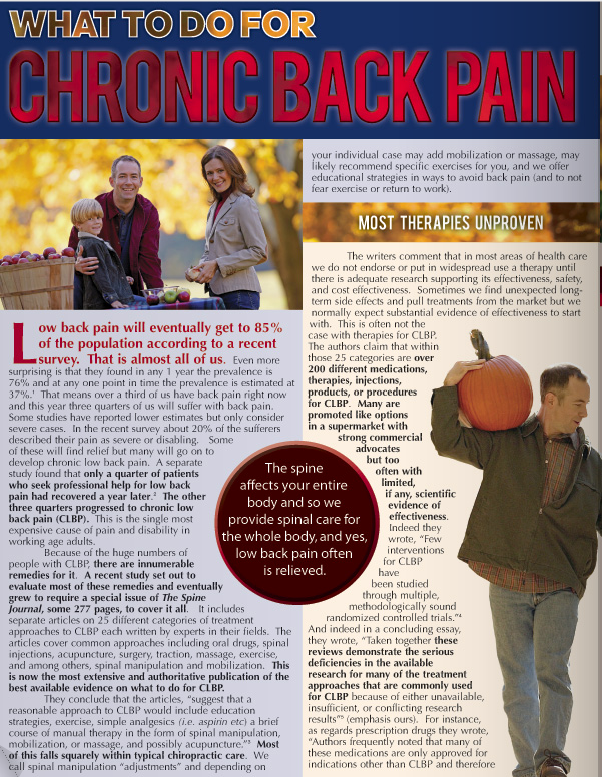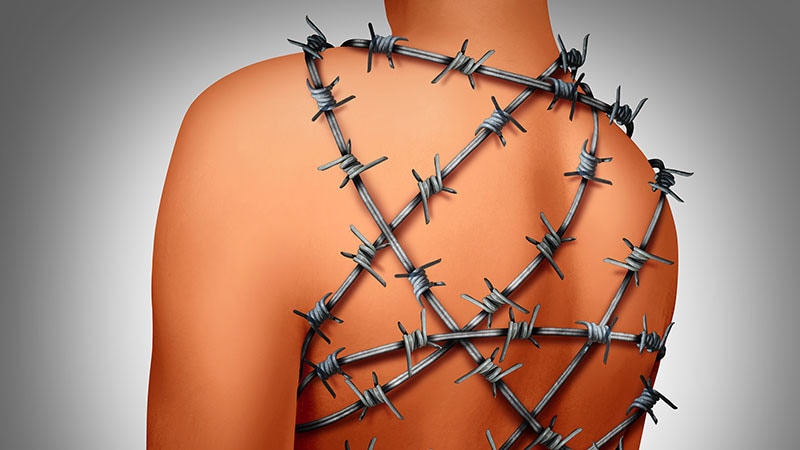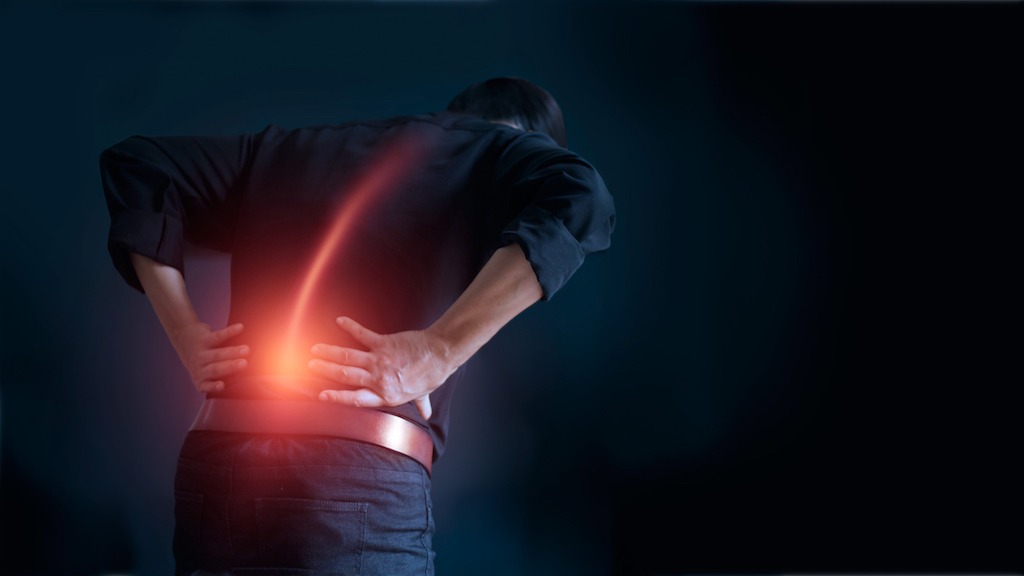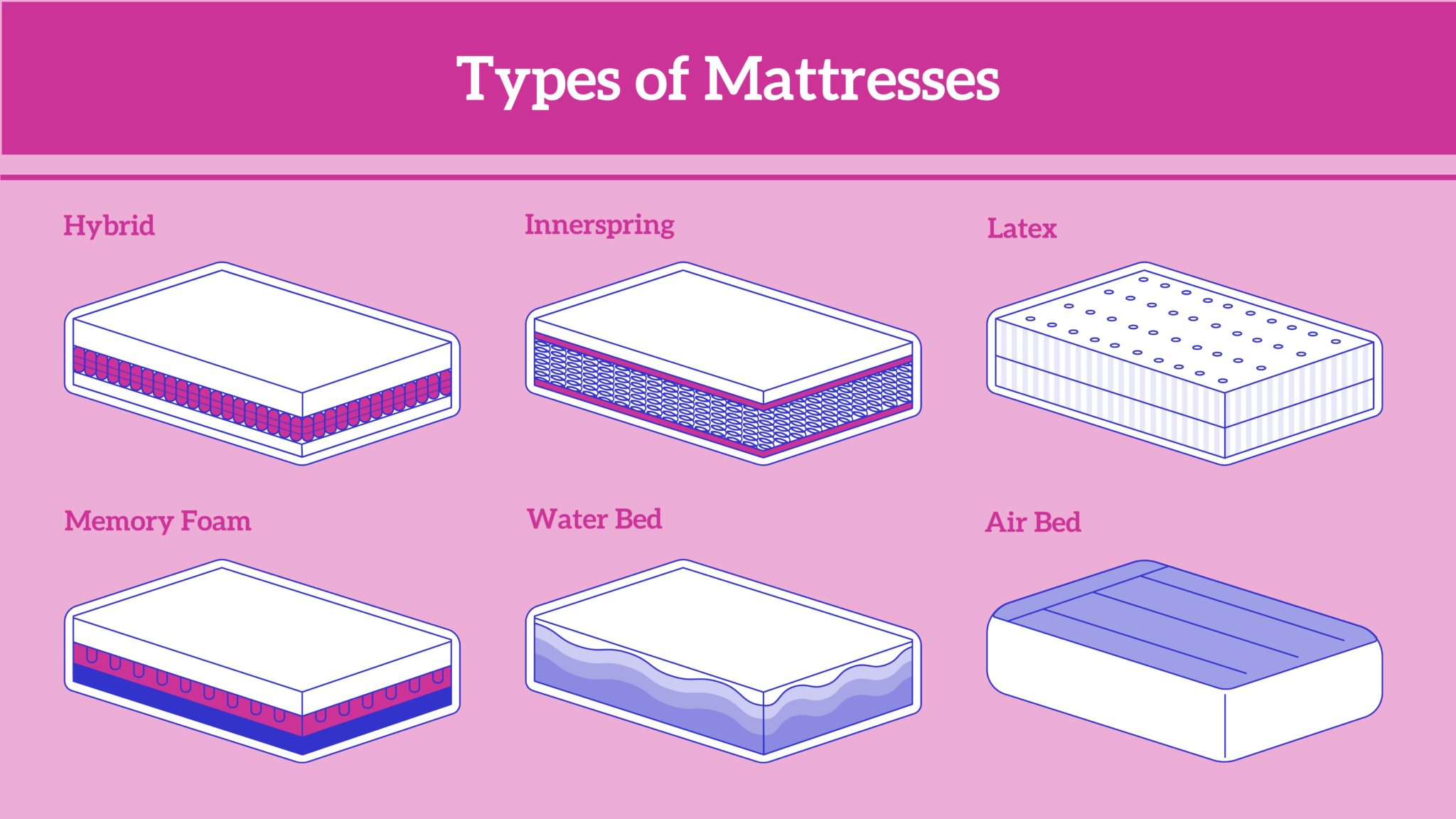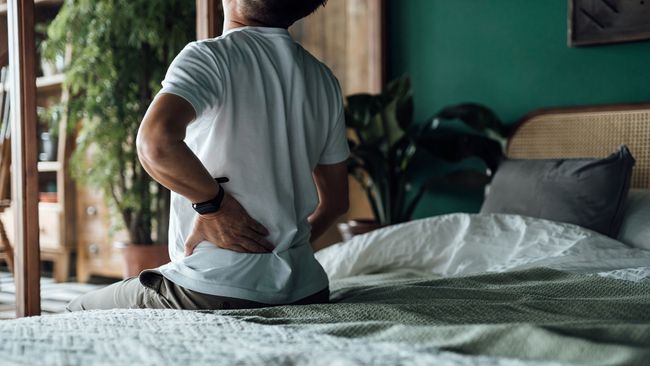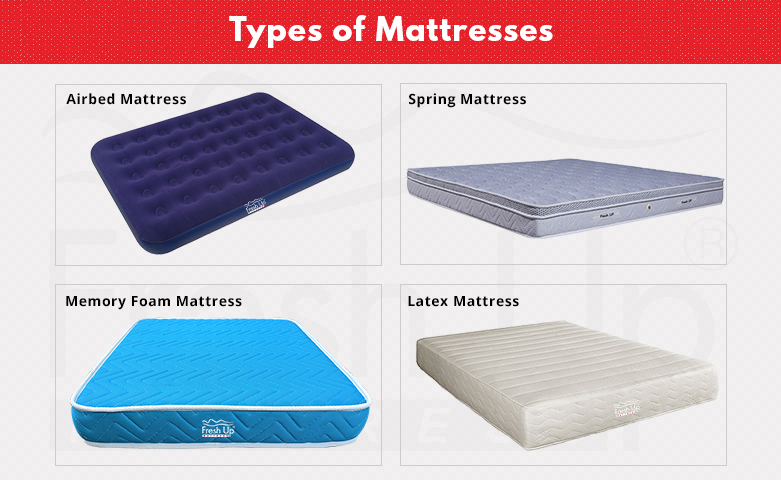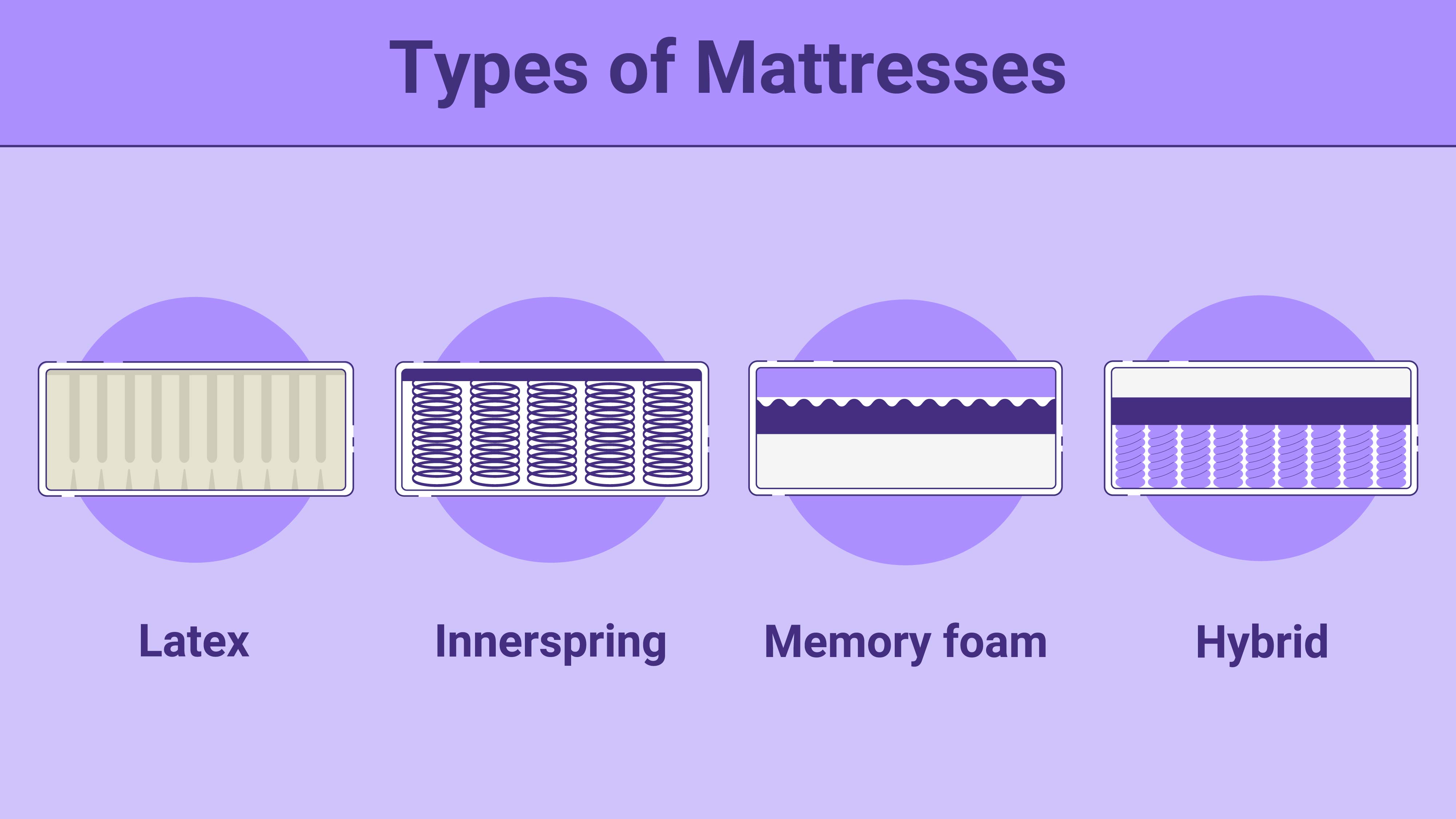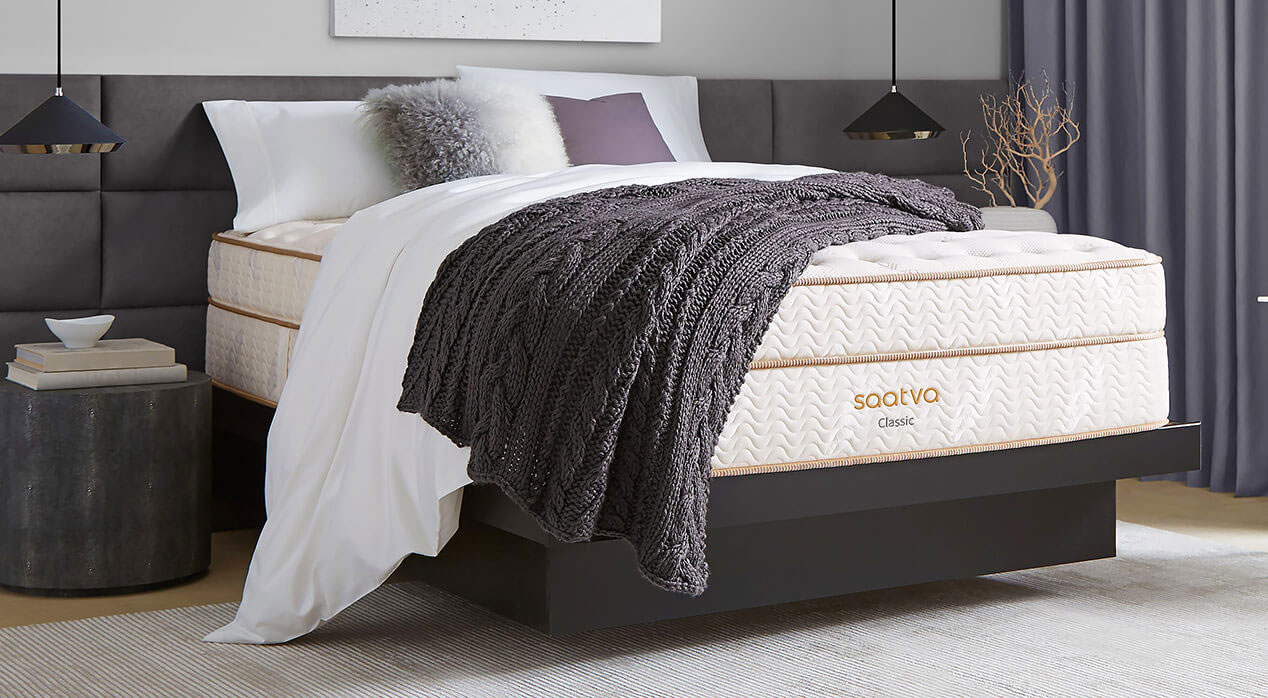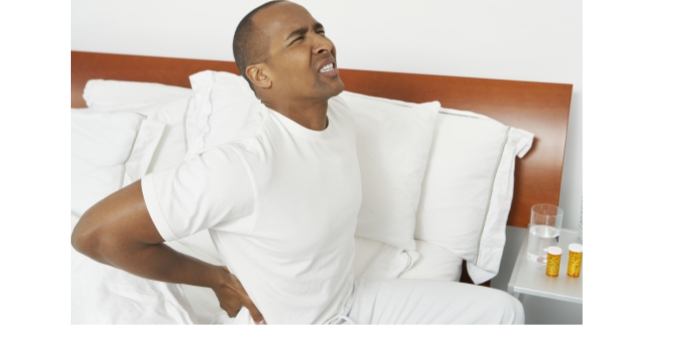Do you wake up with aches and pains in your back every morning? Your mattress could be to blame. The firmness of your mattress plays a crucial role in supporting your spine and providing relief for back pain. A mattress that is too soft may not provide enough support, causing your spine to sink and leading to discomfort and back pain. On the other hand, a mattress that is too firm can put excessive pressure on your back, resulting in stiffness and soreness. If you're experiencing back pain, it's important to consider the firmness of your mattress. A medium-firm mattress is often recommended for those with back pain as it provides a balance of support and cushioning. However, everyone's body is different, and you may need to experiment with different levels of firmness to find the right fit for you.1. Mattress Firmness and Back Pain: Is Your Bed Hurting Your Back?
Back pain can be caused by a variety of factors, and your mattress could be one of them. When you lie down on your mattress, your spine should be in a neutral position, with your head, shoulders, and hips aligned. However, if your mattress is too firm or too soft, it can disrupt this alignment, putting strain on your spine and causing back pain. In addition to firmness, the age of your mattress can also contribute to back pain. As mattresses age, they lose their ability to provide proper support, leading to sagging and discomfort. If you've had your mattress for more than eight years, it may be time to consider a replacement.2. How Your Mattress May Be Causing Your Back Pain
Research has shown a clear link between mattresses and back pain. One study found that people who slept on medium-firm mattresses had less back pain and better quality of sleep compared to those who slept on firm mattresses. Another study found that a new medium-firm mattress significantly reduced back pain and stiffness in participants with chronic lower back pain. These findings suggest that the right mattress can make a significant difference in managing back pain. So, if you're struggling with back pain, it's worth examining your mattress and considering a change.3. The Connection Between Mattresses and Back Pain
When shopping for a new mattress, keep in mind that there is no one "perfect" mattress for everyone. What works for one person may not work for another. However, there are some key factors to consider when looking for a mattress to help alleviate back pain. First, look for a medium-firm mattress that provides adequate support for your spine. It should also have enough cushioning to relieve pressure points and promote comfort. Additionally, pay attention to the materials used in the mattress, as some may be better for back pain than others. Memory foam and latex mattresses are known for their pressure-relieving properties, while innerspring mattresses tend to be less supportive.4. Choosing the Right Mattress for Back Pain Relief
If you're experiencing back pain, your mattress may be the culprit. A bad mattress can cause or worsen back pain by not providing enough support or causing your spine to be out of alignment. It can also disrupt your sleep, leading to fatigue and exacerbating your pain. To determine if your mattress is causing your back pain, pay attention to how you feel when you wake up in the morning. If you feel stiff or sore, or your pain is worse after sleeping, it may be time to switch to a new mattress.5. Can a Bad Mattress Cause Back Pain?
With so many mattress options available, it can be overwhelming to know which one is best for back pain. To help you in your search, we've consulted with experts to find out their top recommendations. According to chiropractor Dr. Andrew Bang, a medium-firm memory foam mattress is best for back pain as it provides the right combination of support and pressure relief. Sleep expert Dr. Neil Kline also recommends memory foam mattresses, particularly those with a gel-infused layer to keep you cool while you sleep.6. The Best Mattresses for Back Pain, According to Experts
If you're still unsure if your mattress is causing your back pain, there are some signs to look out for. One of the most telling signs is if your pain is worse in the morning but improves throughout the day. This could indicate that your mattress is not providing enough support and causing your spine to be out of alignment while you sleep. Other signs to watch for include tossing and turning throughout the night, waking up with numbness or tingling in your limbs, or feeling like you're sinking too much into your mattress.7. How to Tell if Your Mattress is Causing Your Back Pain
Chronic back pain is a common issue, affecting millions of people around the world. It can have a significant impact on daily life, making it difficult to perform tasks and participate in activities. While there are various causes of chronic back pain, your mattress may be playing a role. If you have chronic back pain, it's essential to find a mattress that supports your spine and provides pressure relief. This can help reduce your pain and improve the quality of your sleep, leading to better overall well-being.8. The Link Between Mattresses and Chronic Back Pain
There are several types of mattresses available, each with their own benefits and drawbacks for back pain. Memory foam mattresses are known for their pressure-relieving properties, while latex mattresses are more supportive and durable. Innerspring mattresses tend to be less supportive and can cause pressure points, while hybrid mattresses combine the benefits of memory foam and innerspring. When deciding on a mattress type, consider your individual needs and preferences, as well as how the mattress will support your spine and alleviate your back pain.9. Mattress Types and Their Impact on Back Pain
When shopping for a new mattress to help with back pain, keep these tips in mind:10. Tips for Finding the Best Mattress for Back Pain Relief
How Mattresses Can Affect Your Back Health
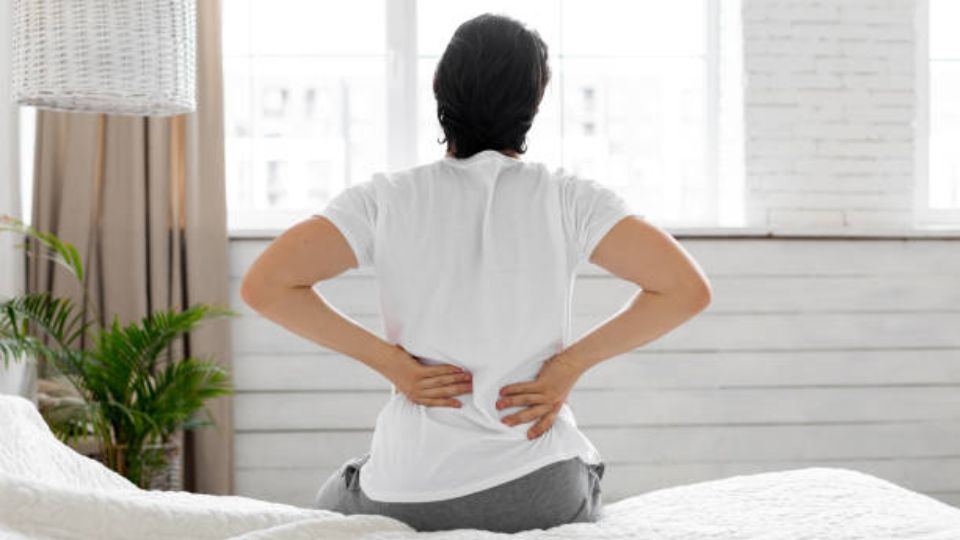
The Importance of a Good Mattress
 When it comes to designing a house, one of the most important considerations is creating a comfortable and functional bedroom. After all, it is where we spend a significant amount of time resting and rejuvenating. However, many people overlook the impact their mattress can have on their overall health, especially when it comes to back pain.
A poor quality mattress can lead to or worsen back pain, affecting your daily life and productivity.
In this article, we will explore the relationship between mattresses and back pain and provide tips on how to choose the right mattress for a healthy back.
When it comes to designing a house, one of the most important considerations is creating a comfortable and functional bedroom. After all, it is where we spend a significant amount of time resting and rejuvenating. However, many people overlook the impact their mattress can have on their overall health, especially when it comes to back pain.
A poor quality mattress can lead to or worsen back pain, affecting your daily life and productivity.
In this article, we will explore the relationship between mattresses and back pain and provide tips on how to choose the right mattress for a healthy back.
The Connection Between Mattresses and Back Pain
 Sleeping on the wrong mattress can cause or exacerbate back pain in several ways.
A mattress that is too soft can cause your body to sink in, leading to poor spinal alignment and putting strain on your muscles and joints.
On the other hand, a mattress that is too firm can create pressure points, leading to discomfort and pain. Over time, these issues can result in chronic back pain and other related health problems.
Additionally, old and worn-out mattresses can lose their support and cause sagging, which can also contribute to back pain.
It is recommended to replace your mattress every 7-10 years to ensure proper support and comfort.
Sleeping on the wrong mattress can cause or exacerbate back pain in several ways.
A mattress that is too soft can cause your body to sink in, leading to poor spinal alignment and putting strain on your muscles and joints.
On the other hand, a mattress that is too firm can create pressure points, leading to discomfort and pain. Over time, these issues can result in chronic back pain and other related health problems.
Additionally, old and worn-out mattresses can lose their support and cause sagging, which can also contribute to back pain.
It is recommended to replace your mattress every 7-10 years to ensure proper support and comfort.
Choosing the Right Mattress for a Healthy Back
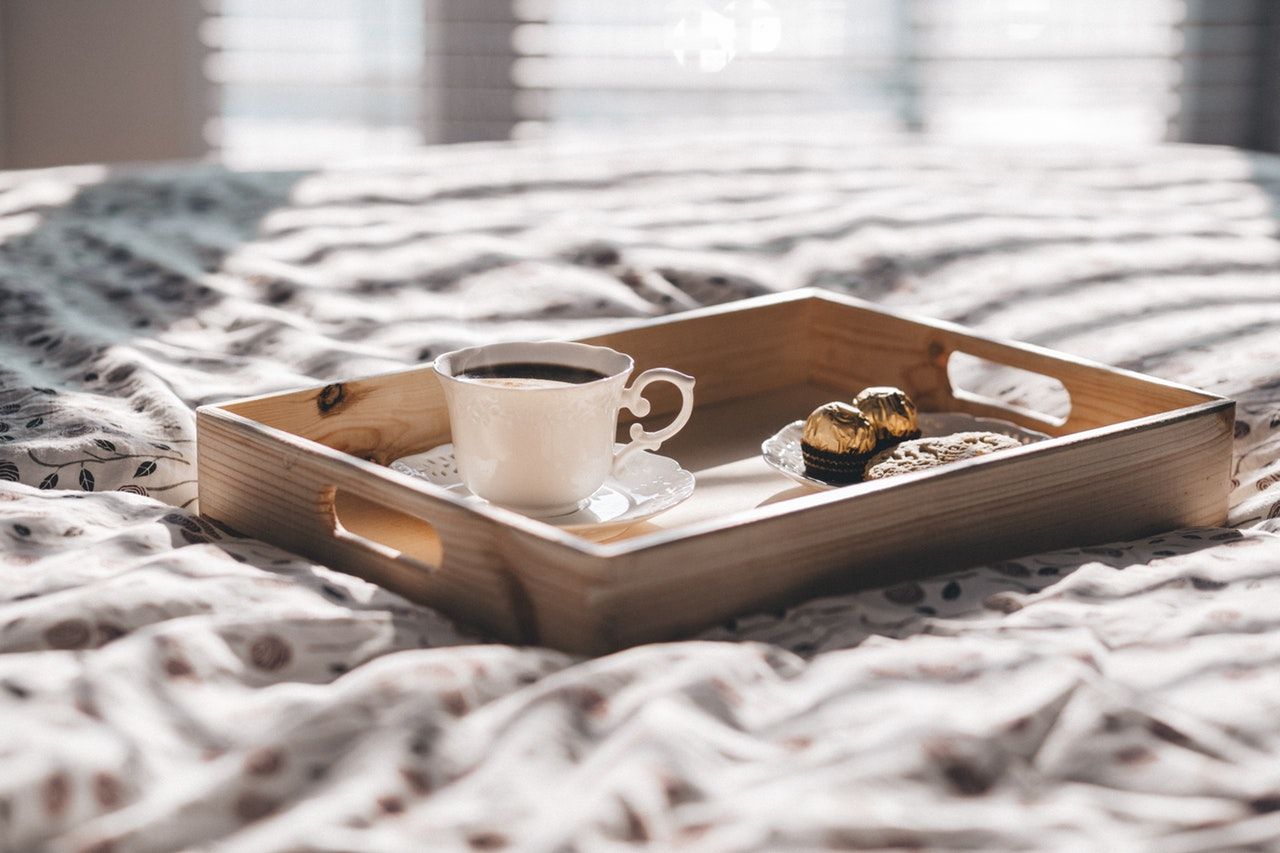 When shopping for a new mattress, it is important to keep your back health in mind. Here are some tips to help you choose the right mattress for a healthy back:
-
Consider your sleeping position:
Different sleeping positions require different levels of support. For example, side sleepers may benefit from a softer mattress to cushion their shoulders and hips, while back sleepers may prefer a firmer mattress for proper spinal alignment.
-
Look for proper support:
A good mattress should provide support for your entire body, keeping your spine in a neutral position.
-
Test it out:
Don't be afraid to lay on the mattress in the store for a few minutes to get a feel for its comfort and support.
-
Consider your weight:
Heavier individuals may require a firmer mattress to prevent sinking in and causing strain on their back.
-
Read reviews:
Look for reviews from other customers who have similar back pain issues to see if the mattress has helped alleviate their discomfort.
When shopping for a new mattress, it is important to keep your back health in mind. Here are some tips to help you choose the right mattress for a healthy back:
-
Consider your sleeping position:
Different sleeping positions require different levels of support. For example, side sleepers may benefit from a softer mattress to cushion their shoulders and hips, while back sleepers may prefer a firmer mattress for proper spinal alignment.
-
Look for proper support:
A good mattress should provide support for your entire body, keeping your spine in a neutral position.
-
Test it out:
Don't be afraid to lay on the mattress in the store for a few minutes to get a feel for its comfort and support.
-
Consider your weight:
Heavier individuals may require a firmer mattress to prevent sinking in and causing strain on their back.
-
Read reviews:
Look for reviews from other customers who have similar back pain issues to see if the mattress has helped alleviate their discomfort.
In Conclusion
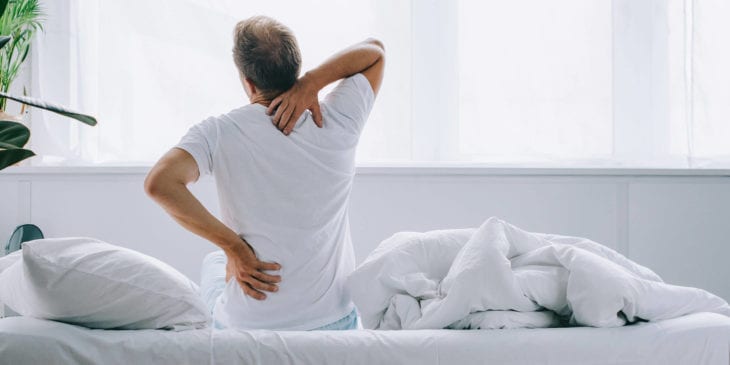 In conclusion,
choosing the right mattress is crucial for maintaining a healthy back and preventing back pain.
Consider your sleeping position, look for proper support, and don't be afraid to test out different mattresses before making a decision. Remember, a good mattress is an investment in your health and well-being.
In conclusion,
choosing the right mattress is crucial for maintaining a healthy back and preventing back pain.
Consider your sleeping position, look for proper support, and don't be afraid to test out different mattresses before making a decision. Remember, a good mattress is an investment in your health and well-being.
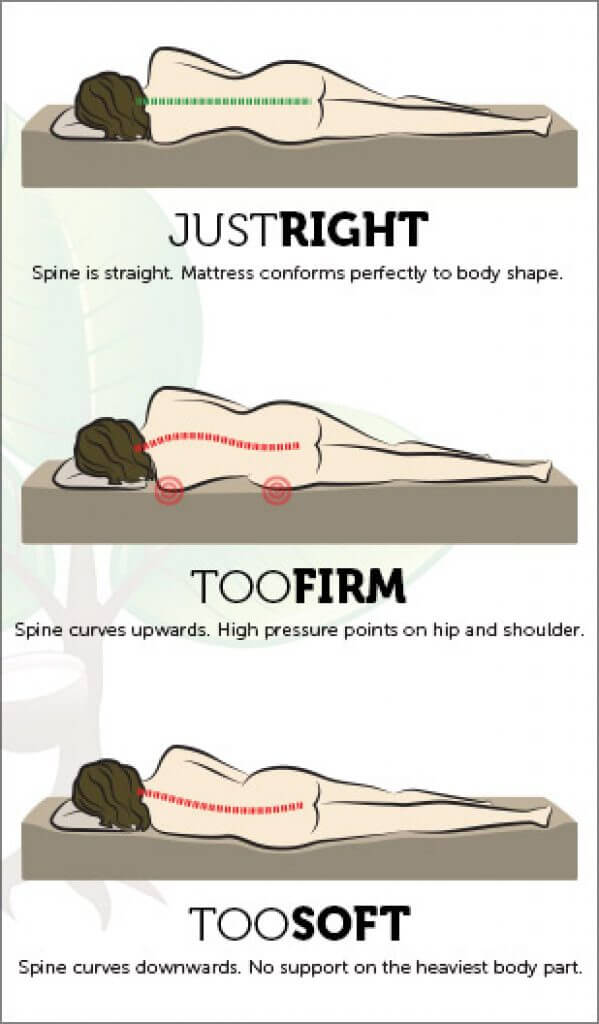


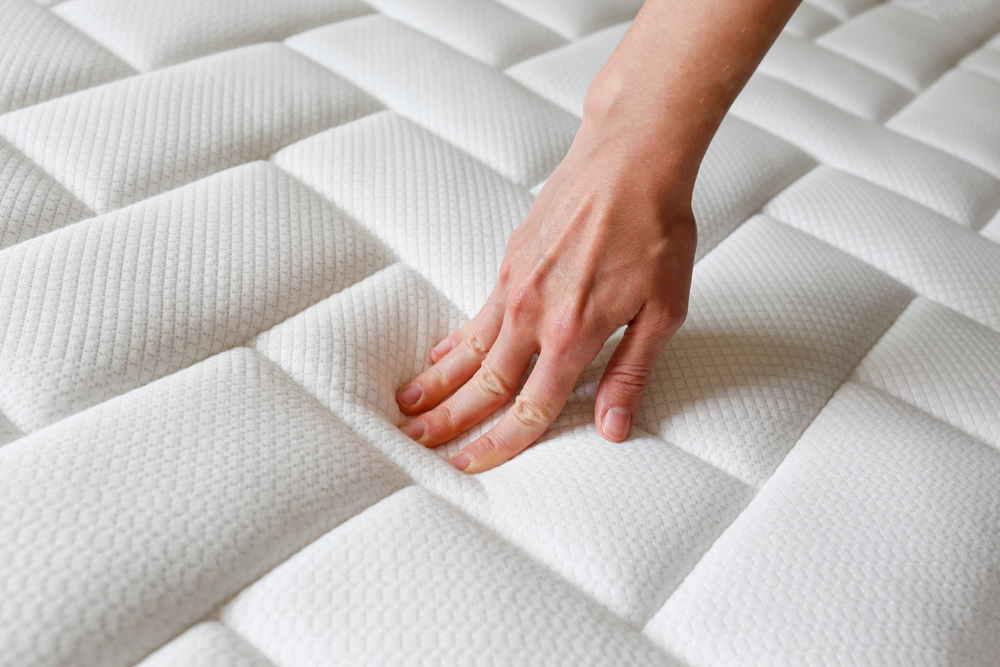

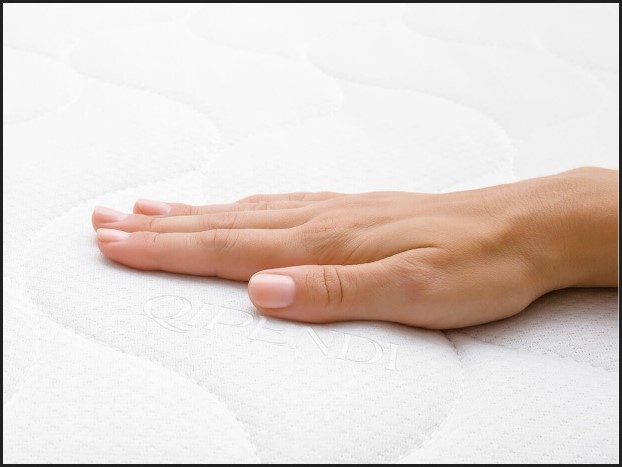


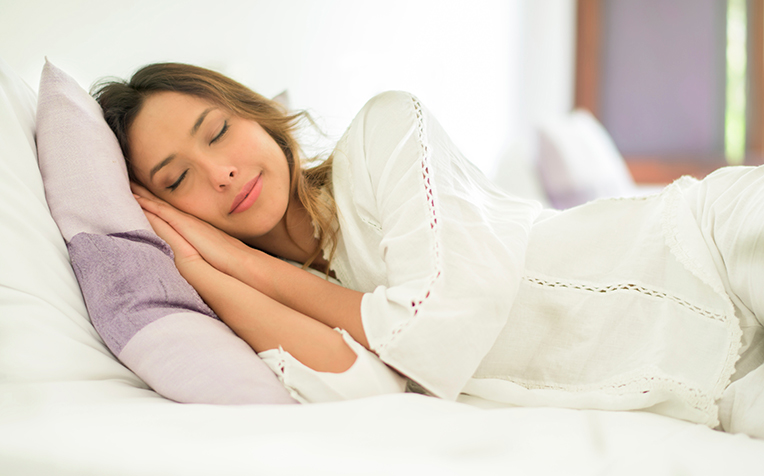
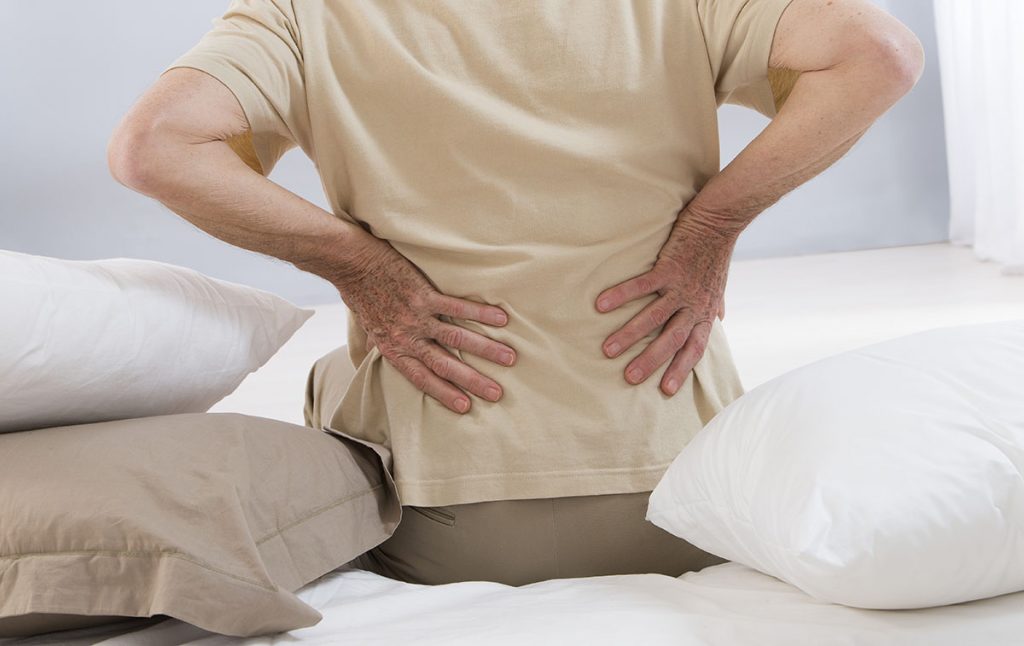
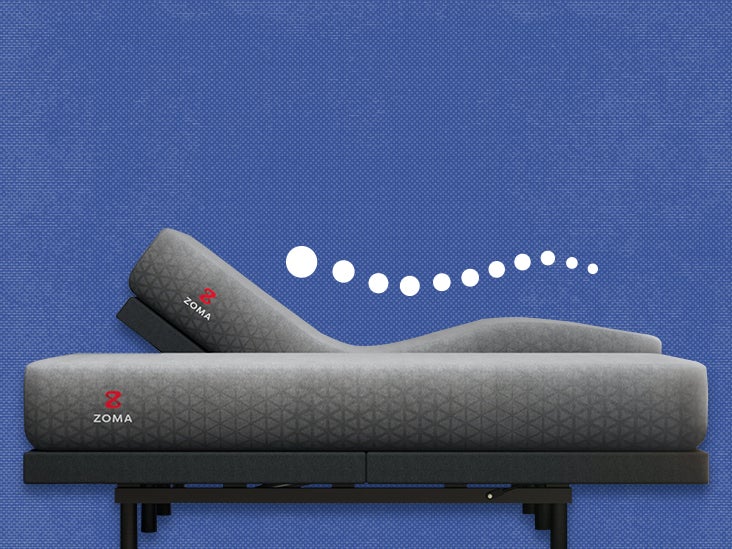
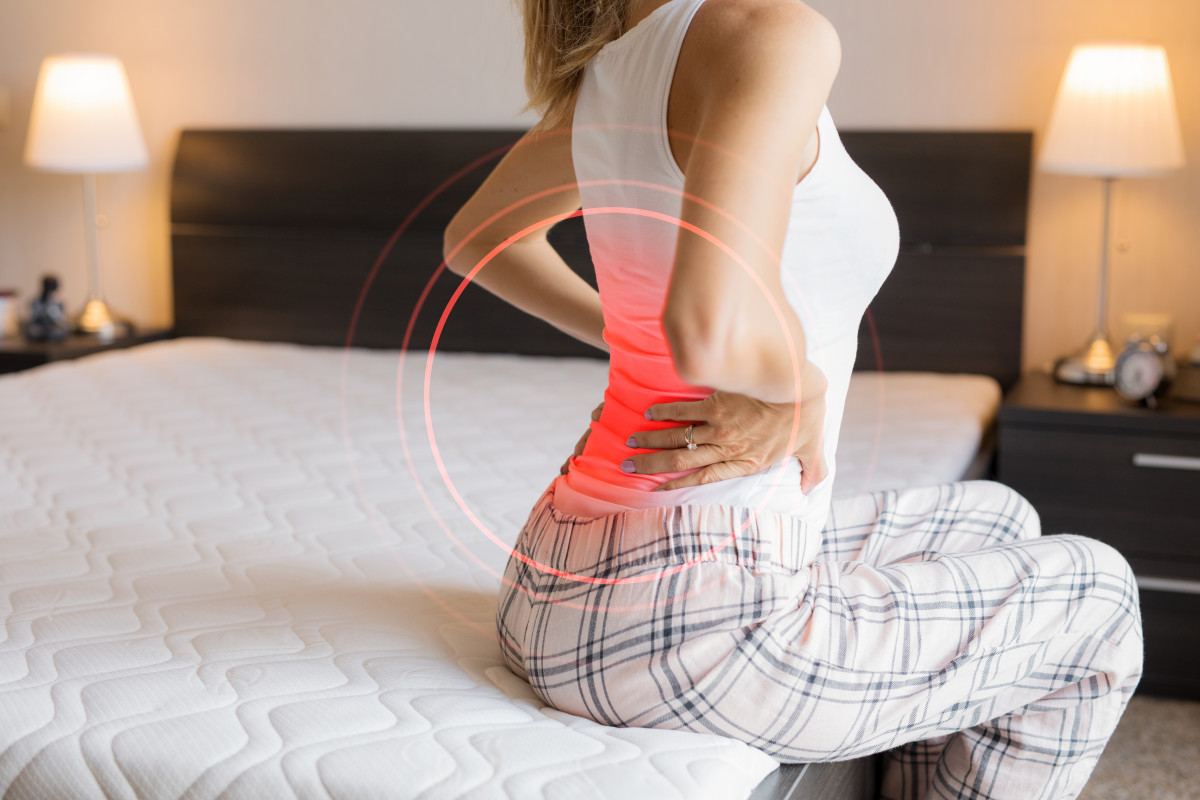






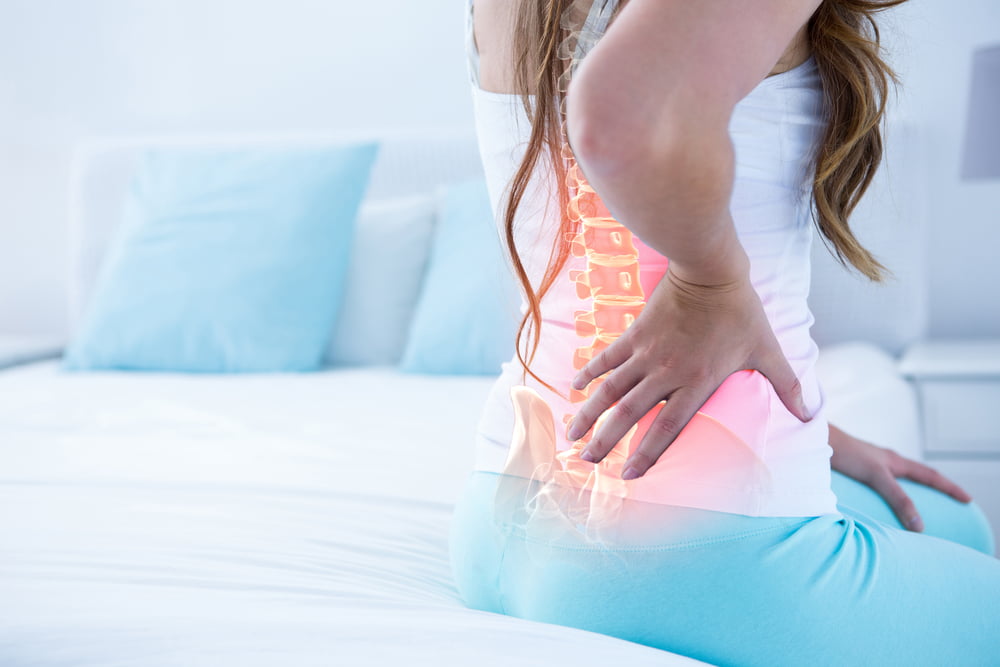

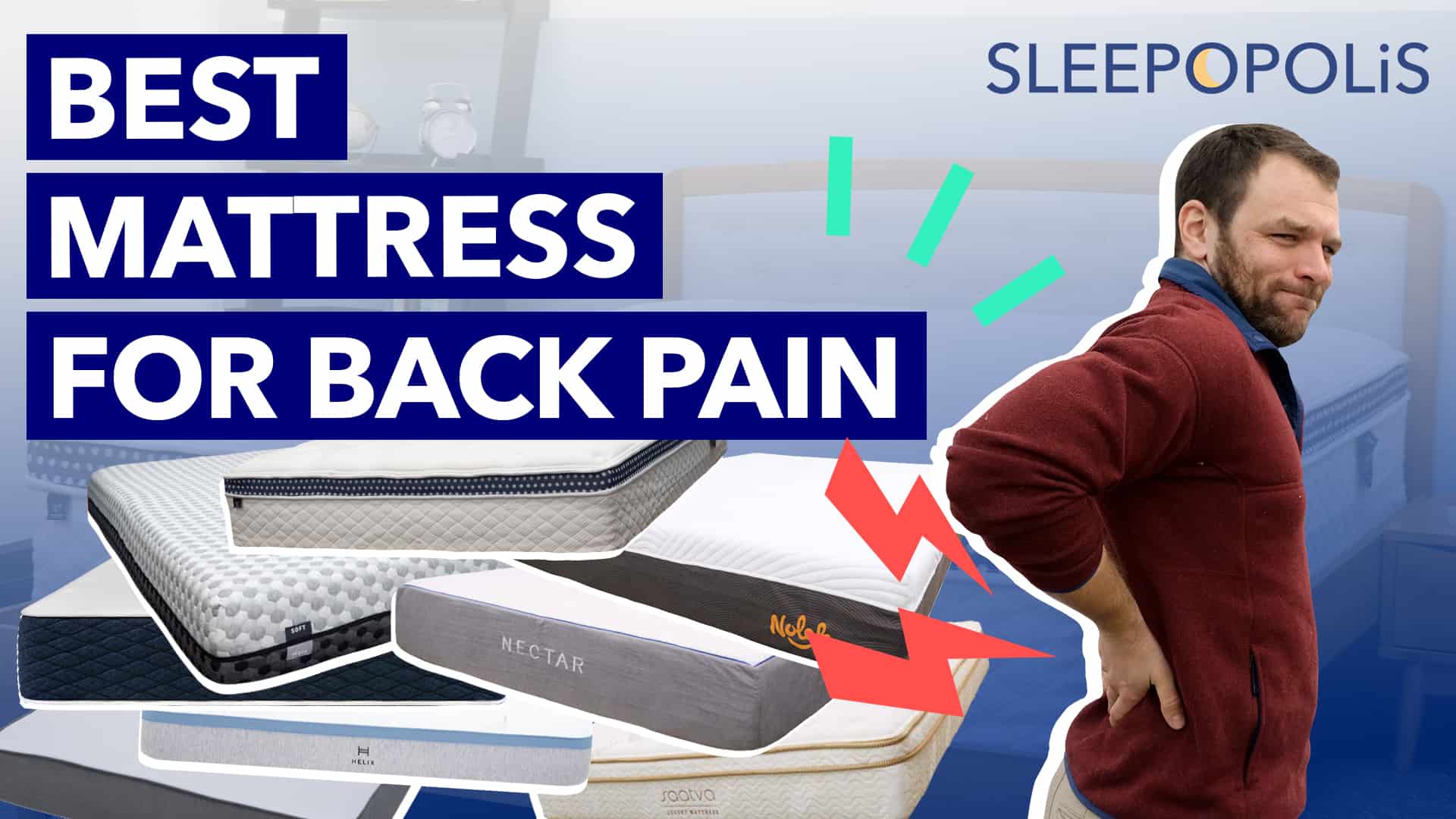






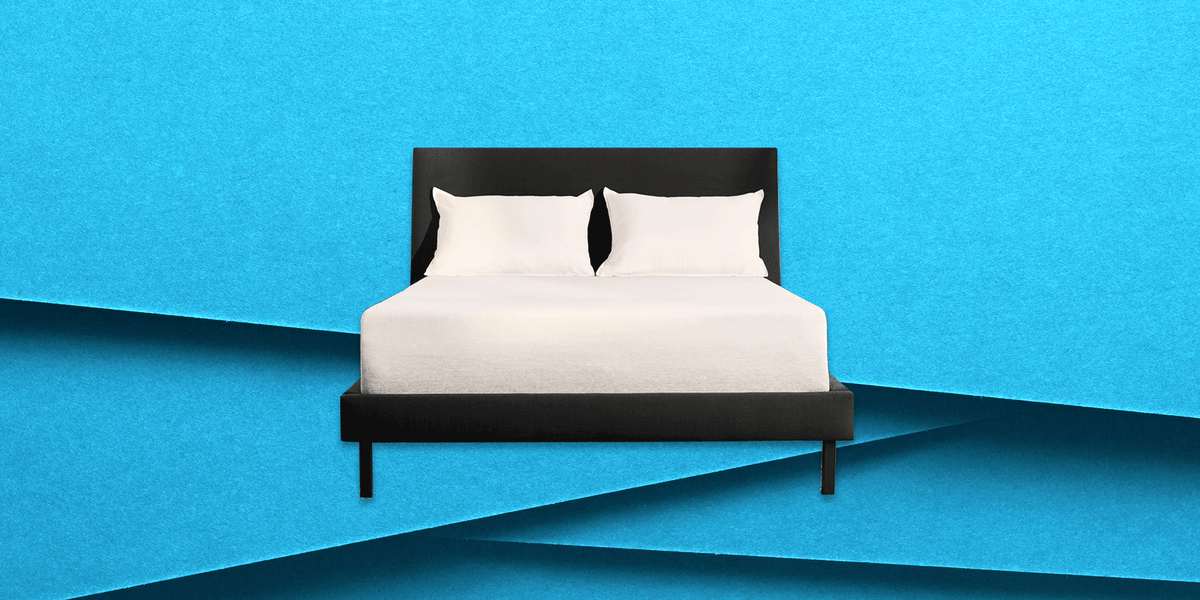
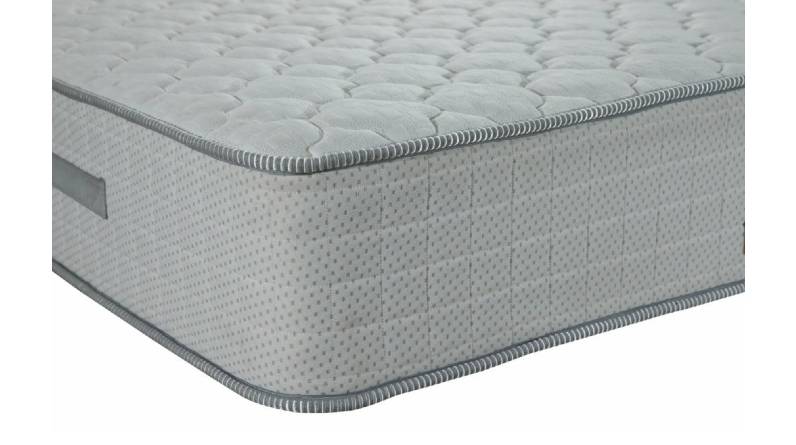


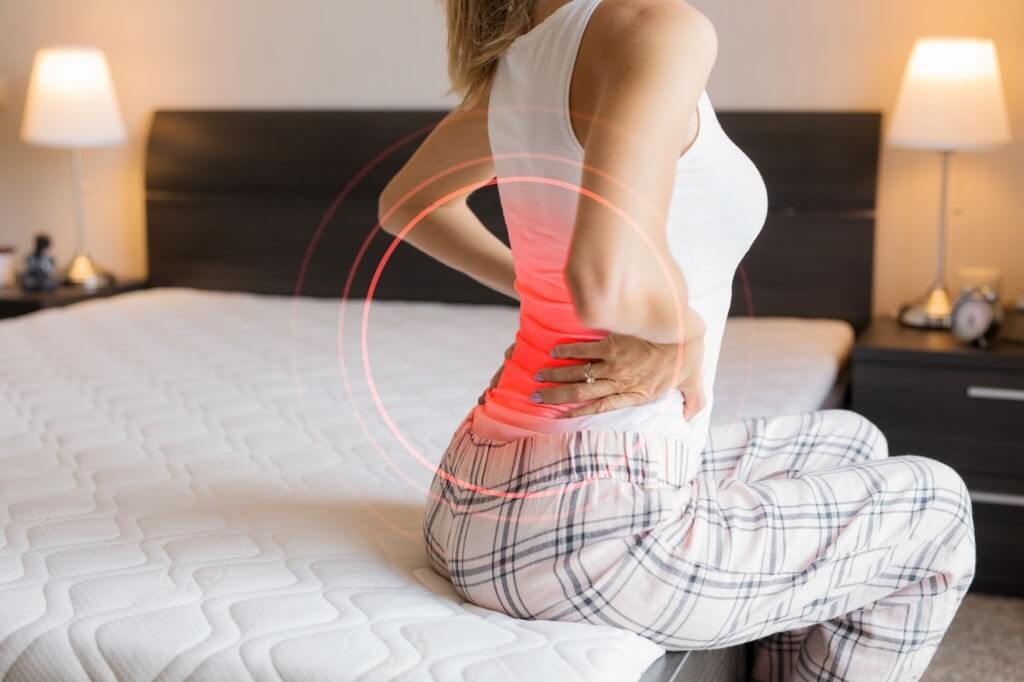



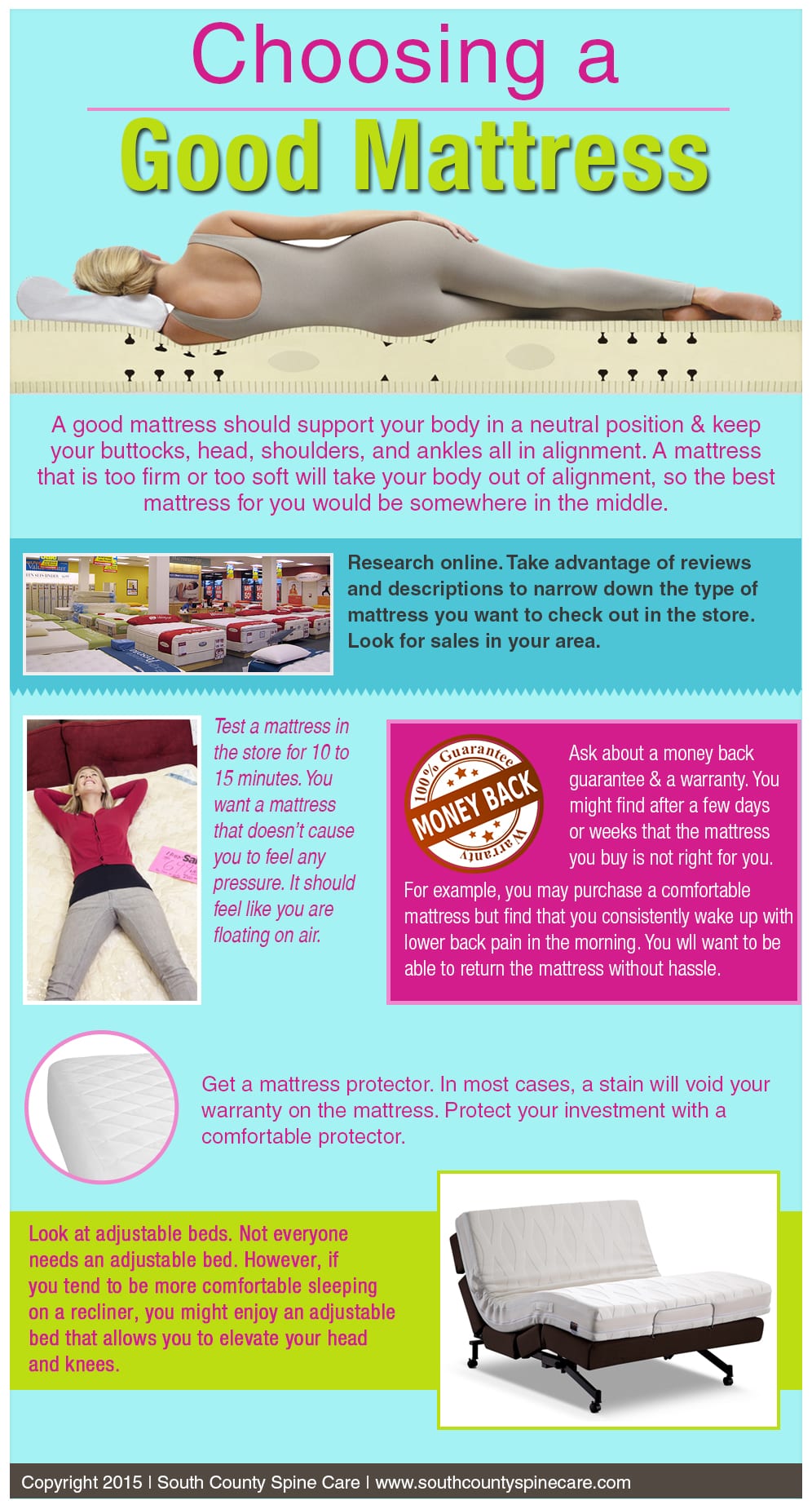


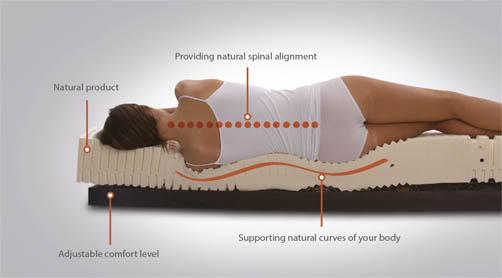
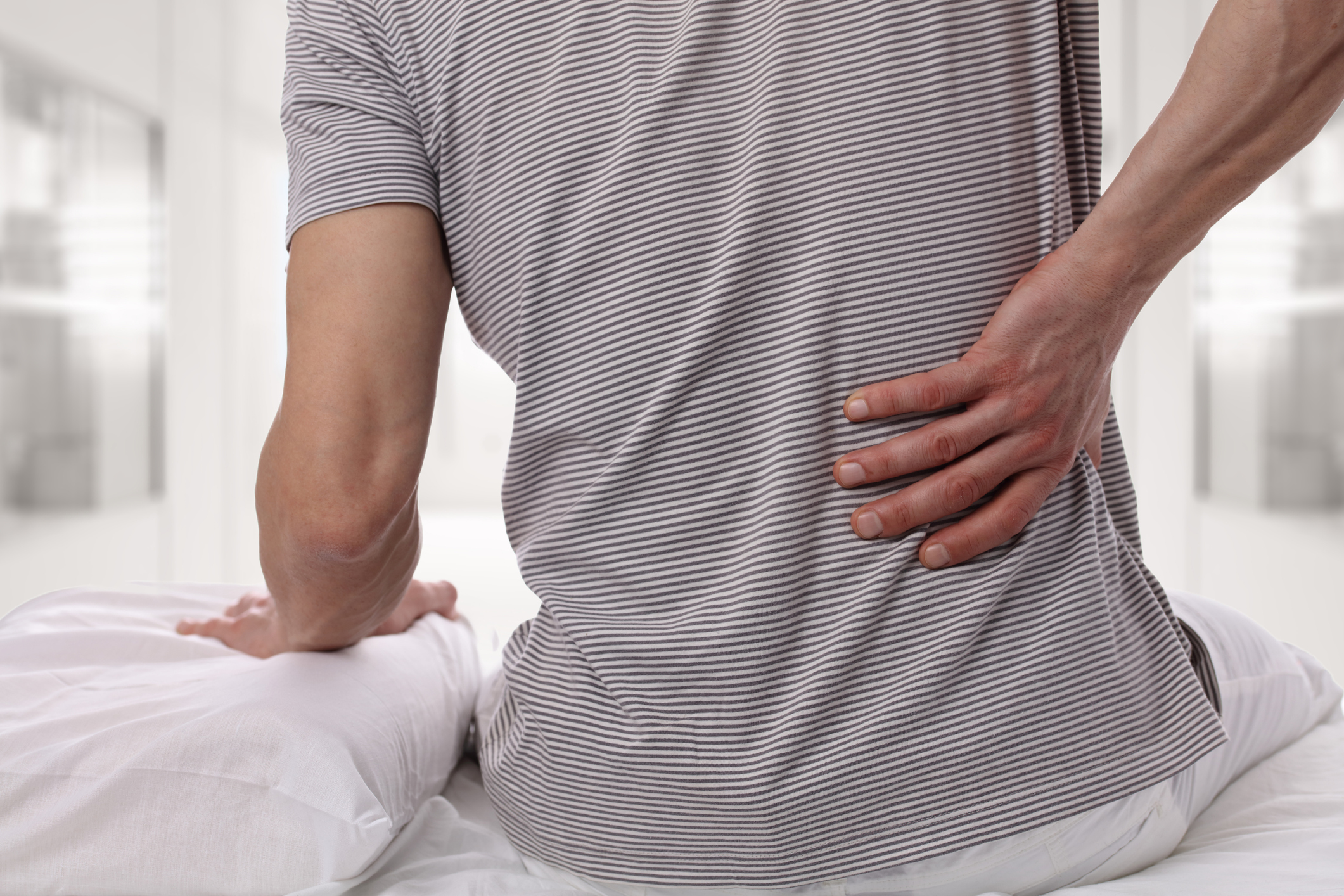


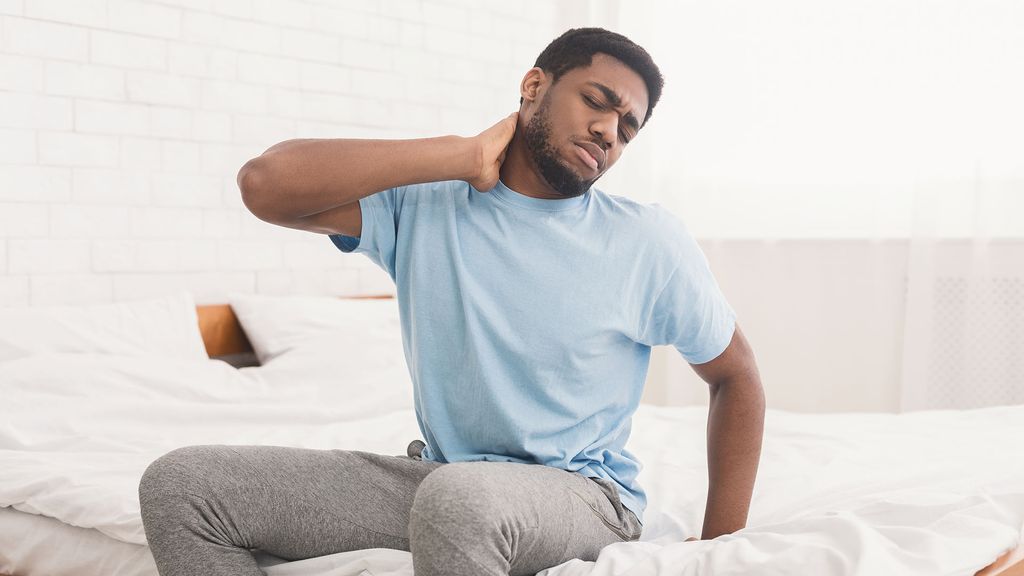
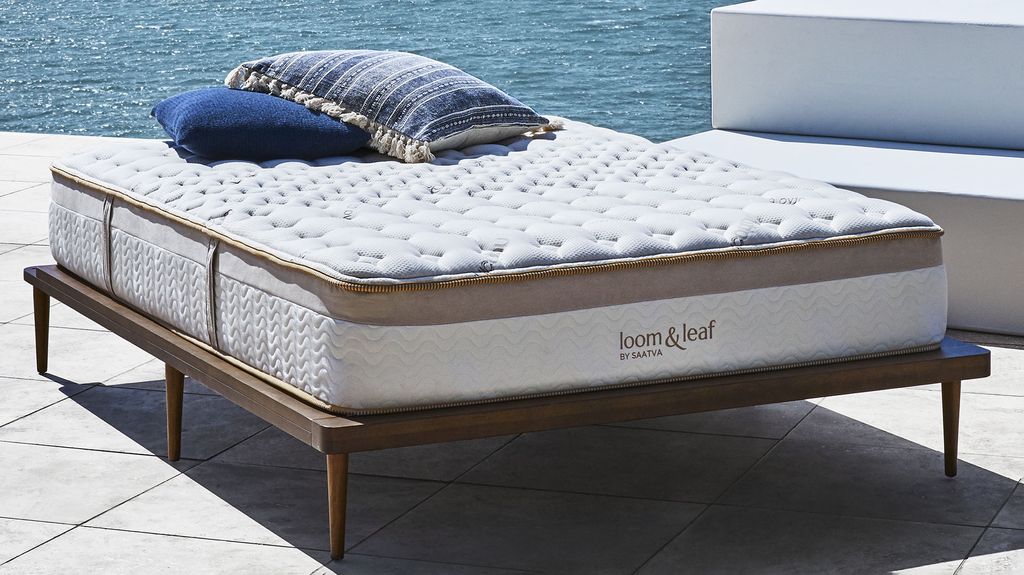



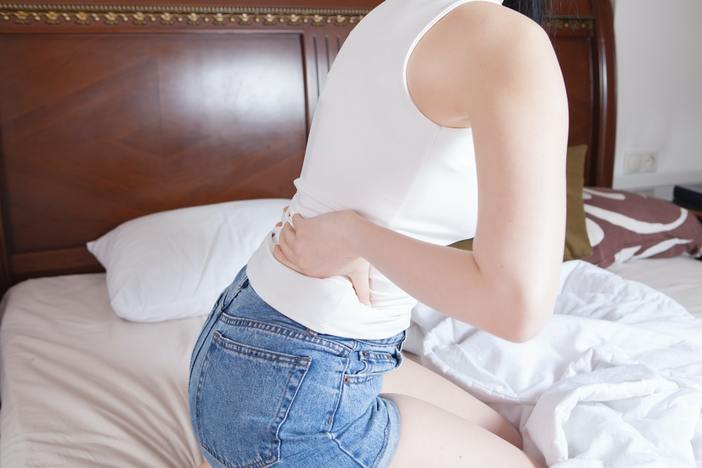

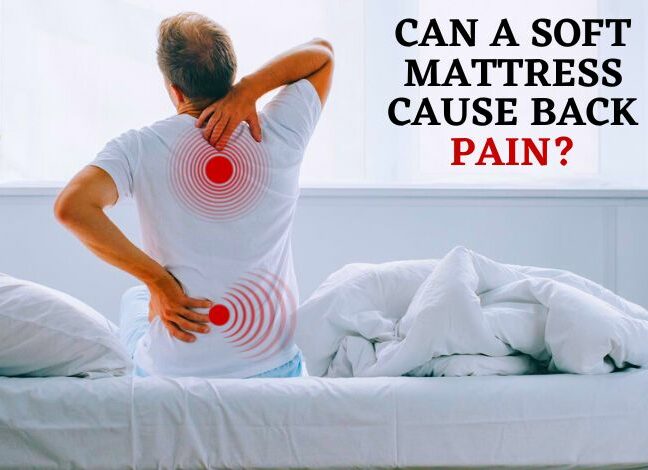


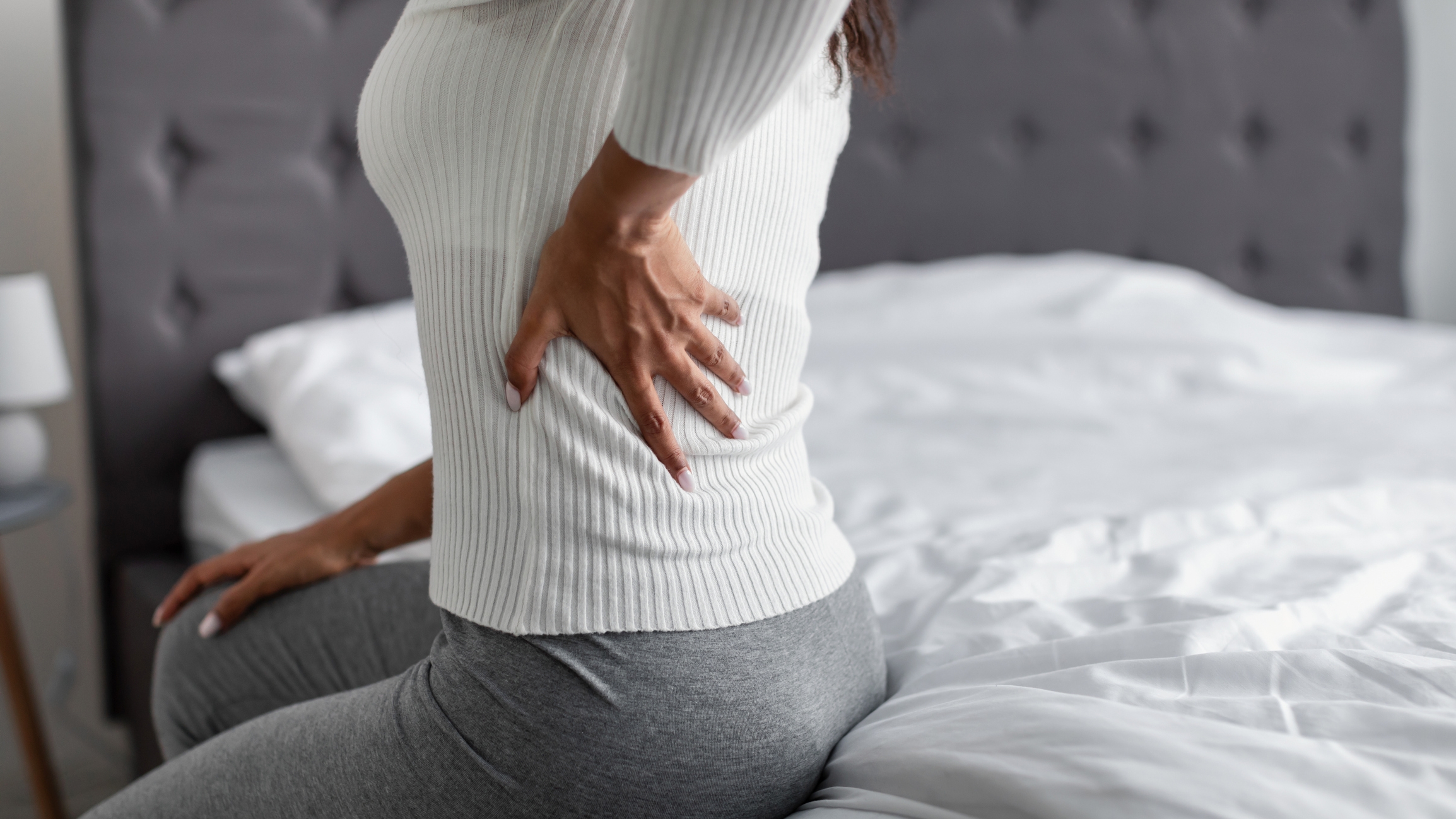






:max_bytes(150000):strip_icc()/Helix-Assets-Photography-Product-Mattress-Standard-Midnight-Lifestyle-20190312-5c9124aa46e0fb0001555923.jpg)
